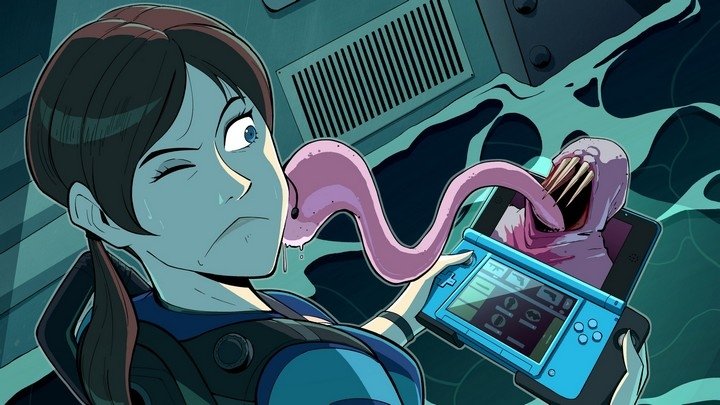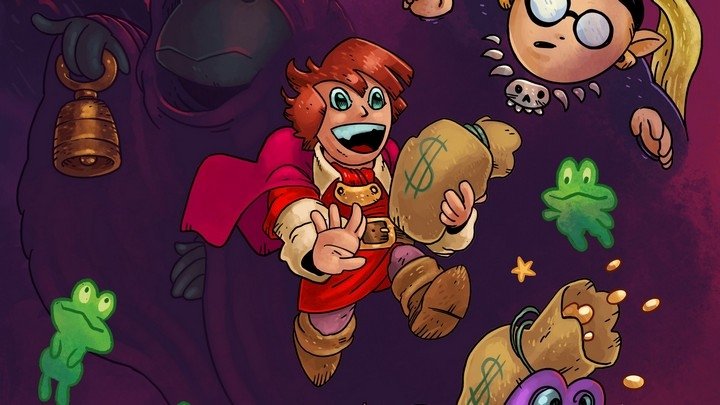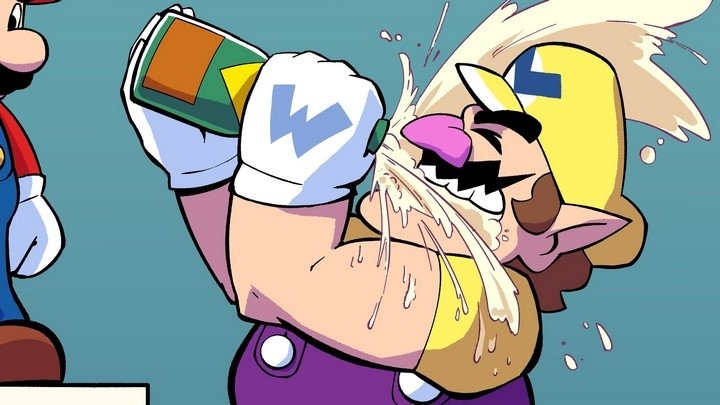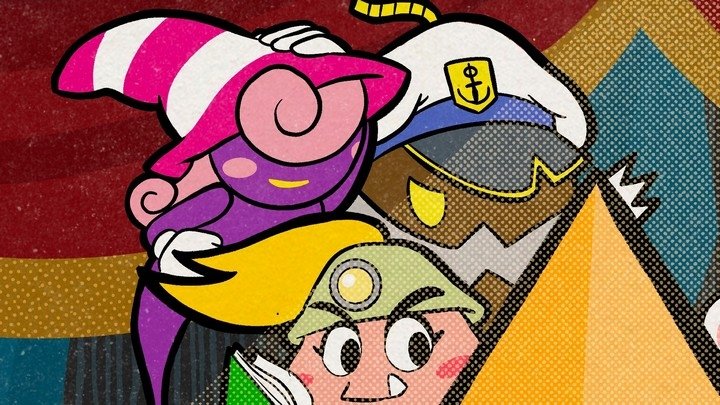Pokémon arrival on Virtual Console reveals the choice in how the series reflects on itself
In the latest Nintendo Direct presentation, Game Freak director Junichi Masuda revealed that Pokémon Gold Version and Silver Version will be rereleased on the 3DS Virtual Console this September. Originally released for the Game Boy Color in 1999, this pair of games formed the second generation of the Pokémon series following the runaway success of Pokémon Red Version and Blue Version. Red, Blue, and the "Special Pikachu Edition" Yellow Version were similarly released on 3DS in early 2016 in commemoration of the series' twentieth anniversary, and these versions were updated with special functionality for trading Pokémon wirelessly (in absence of the original Game Boy's Game Link Cable) as well as transferring Pokémon caught in the Generation I games to the newest installments via the Pokémon Bank app. These updates go a long way toward making the original games relevant to players of the modern games beyond their value as historical curios, and they represent a rare case of Nintendo going above and beyond the effort they ordinarily devote to Virtual Console releases; so naturally, Gold and Silver will include them as well. All that's missing is Pokémon Crystal Version, the third game that capped off Generation II with a various aesthetic and mechanical tweaks—not to mention the introduction of features that have since become standard for the series, like the option to play with a female avatar.
Even with that glaring omission, this return of the core Generation II games is a notable one. Unlike the Generation I games last year, Gold and Silver aren't celebrating any particular anniversary, so Nintendo et al. have apparently realized rereleasing older Pokémon games is a worthwhile move any day of the year—no special occasion needed. This could indicate a changing trend in the way the series' history is curated, as full remakes of previous generations of games have served that purpose in the past. Since Generation III, each generation has included both a main pair of games and second pair released later, with the latter usually consisting of remakes of a previous generation's main pair. Generation III featured remakes of Red and Blue as Pokémon FireRed Version and LeafGreen Version, Generation IV remade Gold and Silver as Pokémon HeartGold Version and SoulSilver Version, and then Generation VI remade Generation III's Pokémon Ruby Version and Sapphire Version as Pokémon Omega Ruby and Alpha Sapphire. However, the same Nintendo Direct announcing the rerelease of Gold and Silver also revealed Generation VII's second pair of games, Pokémon Ultra Sun and Ultra Moon, will not continue with the remakes, instead serving as direct sequels to the first pair, Pokémon Sun and Moon.
This won't be the first time this has happened, as Generation V's second pair used the same concept—expanding the concept of a third game like Generation I's Yellow or Generation II's Crystal into a pair of games unto itself—so it's not a sure sign that more remakes won't come to later generations. Yet the fact remains that no remakes have been announced since Nintendo began rereleasing the older games as-is, and now they're continuing the practice. If this becomes the norm, it could completely supplant the role the remakes have played up to this point. Rereleasing the Generation III games could prove difficult since there's no Game Boy Advance Virtual Console on 3DS, but the extra care lavished upon the Generation I and II rereleases indicates nothing's impossible where Pokémon is concerned.
On one hand, focusing on rereleases of the classics would leave new generations free to continue looking forward with games like Ultra Sun and Ultra Moon rather than back; on the other, Pokémon remakes have always offered more than just the same old games with a fresh coat of paint, updating them with modern interfaces, adjusted gameplay mechanics, new story events, and long lists of miscellaneous changes. Maybe Generation VII will simply turn out to be the continuation of a pattern started in Generation V, where odd-numbered generations take a break from remakes while even numbers return to them. Considering the legions of players who keep coming back for remakes and rereleases alike, it's far from unthinkable that there's room in fans' hearts for both approaches to persist side-by-side.




